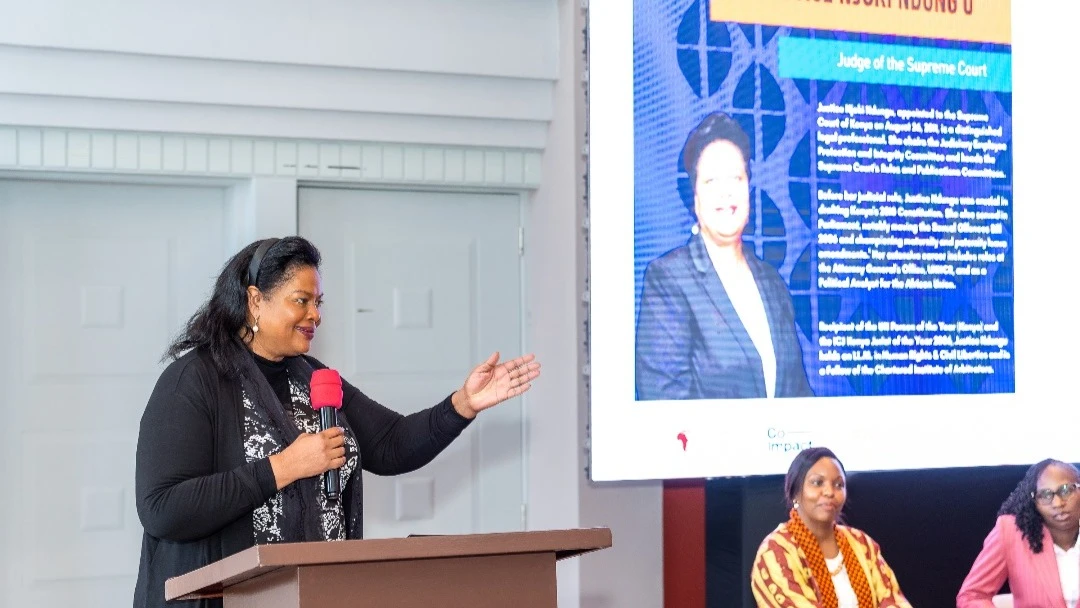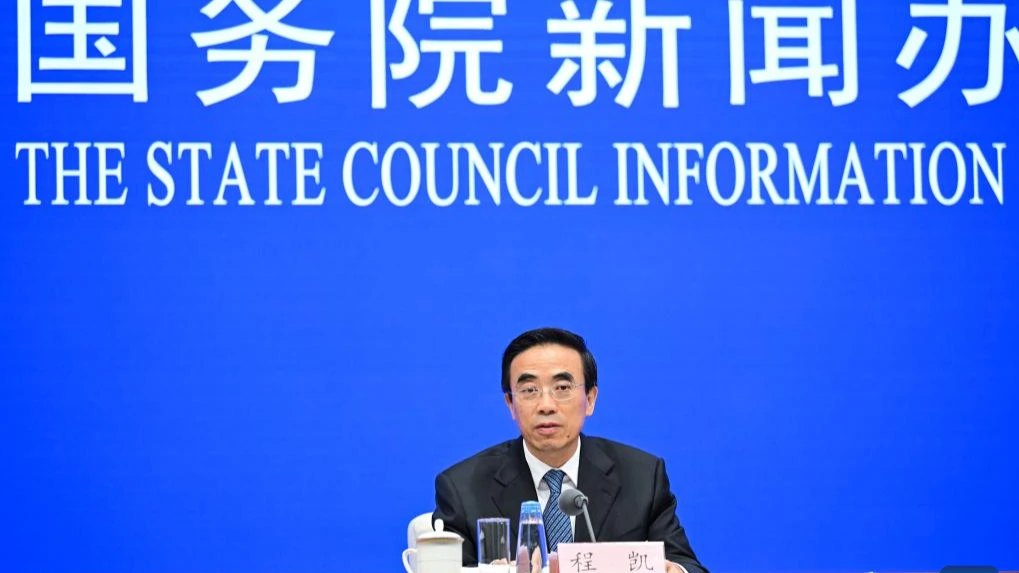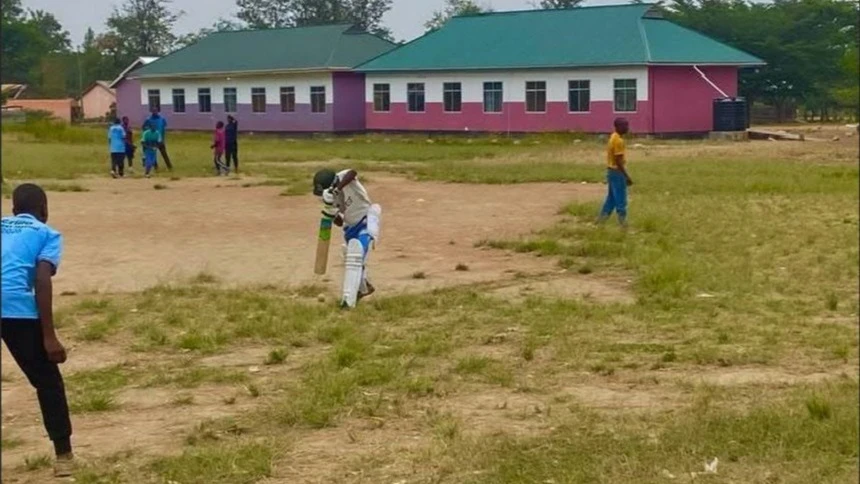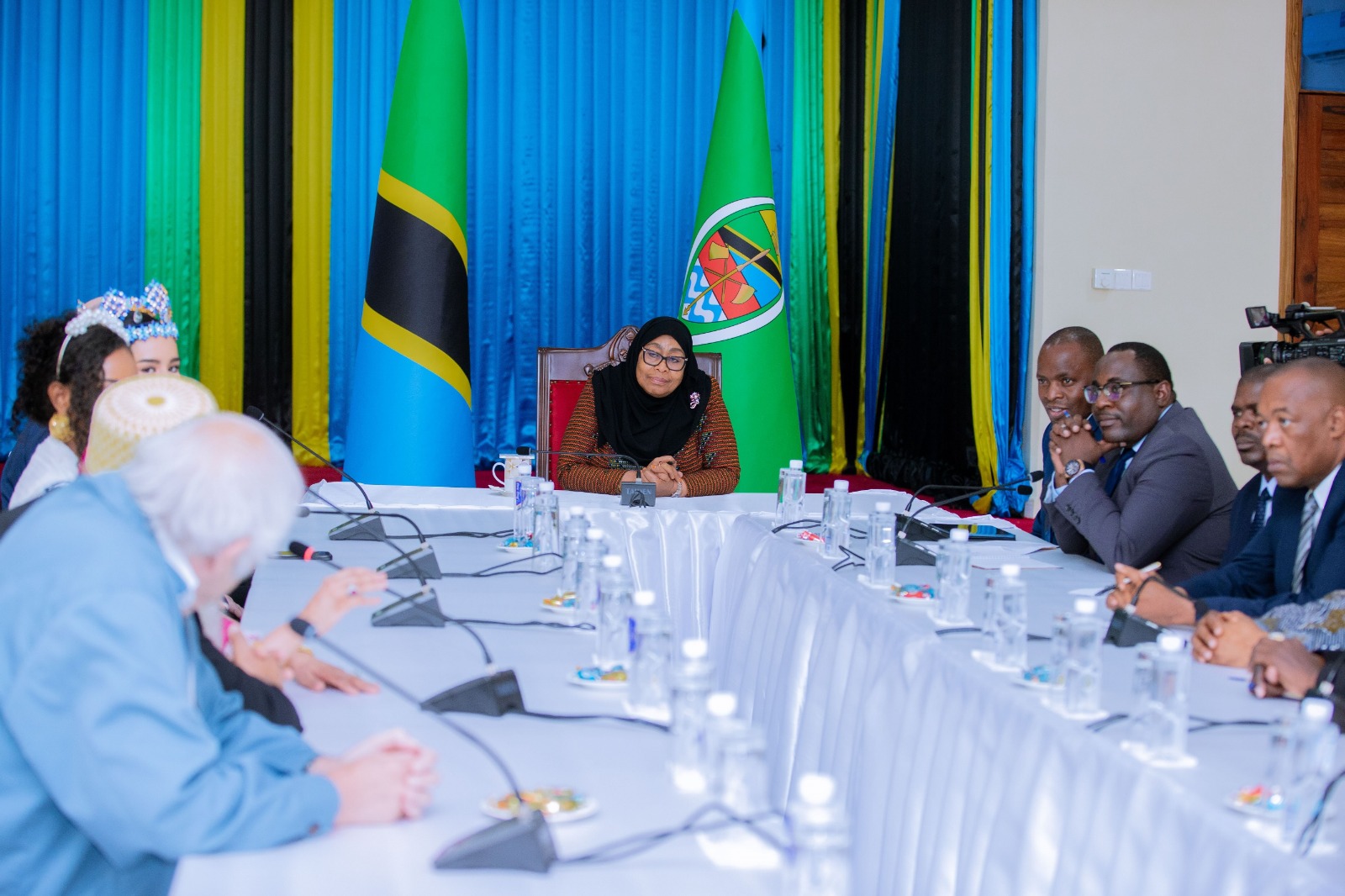Govt, partners embark on clean cooking drive for public schools
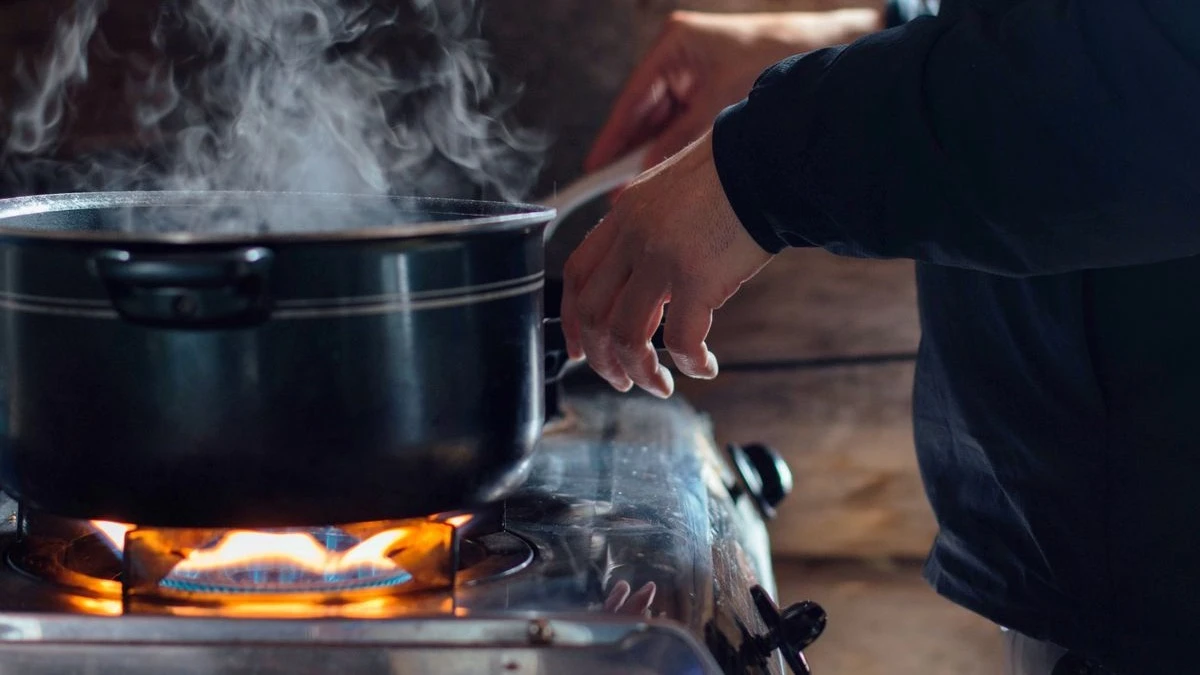
IN a bold step towards transforming school kitchens, protecting health and promoting academic progress, Tanzania has launched its first national clean cooking initiative targeting public schools.
The programme, unveiled at Kibasila Primary School in Dar es Salaam yesterday, aims to replace traditional biomass-based cooking with electric pressure cookers (EPCs) in 50 government schools across Dar es Salaam, Dodoma Tabora and Kigoma regions.
The initiative is being collaboratively implemented by the World Food Programme (WFP), Sustainable Energy for All (SEforALL) and the government, with technical support from the National Carbon Monitoring Centre.
It is partially funded by the UK Foreign, Commonwealth and Development Office (FCDO) through the Modern Energy Cooking Services (MECS) programme and the WFP Innovation Accelerator in Munich.
Prof. Peter Msofe, Deputy Permanent Secretary in the Vice-President’s Office (Environment), officiated the launch yesterday, describing it as a “transformative milestone” for the country’s children and environment. He recalled his own childhood cooking experience in smoke-filled huts to highlight the continued health risks millions of Tanzanians face today.
“The burden of traditional cooking methods—especially on women and children—is immense,” he said. “This initiative will not only improve health outcomes and reduce carbon emissions but also create cleaner, more dignified cooking environments for our school communities.”
He said the technology of choice for the initiative is the highly efficient and fast electric pressure cookers (EPCs), selected for their ability to provide clean, cost-effective, and sustainable cooking solutions in schools.
“This is part of the government’s broader National Clean Cooking Strategy 2024–2034, which seeks to shift 80 percent of Tanzanians to modern, clean energy cooking solutions by 2034. With only 10 percent of the population currently using clean cooking technologies, the programme is expected to play a critical role in reversing high rates of indoor air pollution, deforestation and gender inequality,”
British High Commissioner to Tanzania, Marianne Young, emphasized the urgency of the transition, noting that more than 55 million Tanzanians still rely on firewood or charcoal for cooking, with only 3 percent using electricity. She warned that indoor air pollution from biomass fuels kills over 27,000 people annually and contributes to one of the world’s highest deforestation rates.
“Clean cooking is not just a climate or energy issue,” she said. “It’s a public health emergency and a gender equity issue. Through this initiative, schools become innovation hubs that modernise cooking practices and shape future mindsets.”
WFP Tanzania Country Director Ronald Tran Ba Yun noted that schools are among the country’s largest consumers of biomass after households, making them strategic entry points for change.
“This is about more than energy,” he said. “It’s about improving nutrition, health, education, and climate outcomes—all at once. The initiative supports multiple sustainable development goals, from good health and quality education to clean energy and climate action.”
He said the initiative is expected to save over 40,000 tonnes of carbon emissions and will be registered for carbon credits. Revenues generated from the credits will be used to offset schools' electricity bills and scale the programme to more institutions.
Kibasila Primary School has been fully refurbished and equipped with a modern electric kitchen. It will serve as a demonstration site and training hub for other school administrators and cooks.
Masozi Nyirenda from the Tanzania Education Authority (TEA) stressed that the agency was working to extend clean cooking energy solutions to boarding schools and learning institutions in remote areas where firewood dependency remains high.
Halima Rukubwe, Head teacher at Kibasila Primary School, thanked the government and development partners for choosing the school as a pilot site, noting that the modern electric kitchen helps improve cooking environment, reduces smoke exposure for staff and ensures that pupils receive healthier and timely meals.
Top Headlines
© 2025 IPPMEDIA.COM. ALL RIGHTS RESERVED









